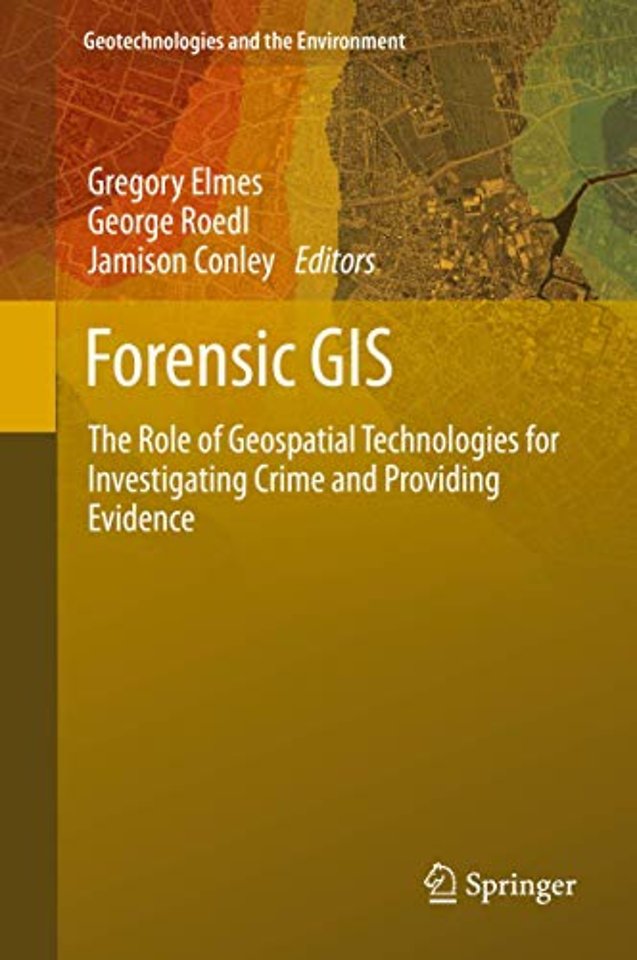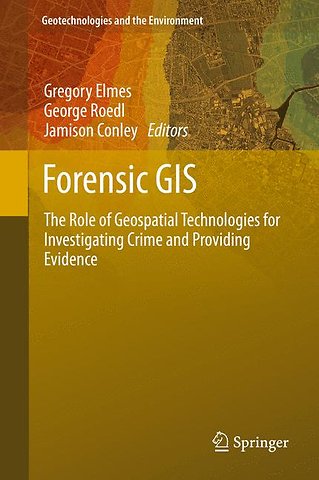Forensic GIS
The Role of Geospatial Technologies for Investigating Crime and Providing Evidence
Gebonden Engels 2014 2014e druk 9789401787567Samenvatting
A variety of disciplines and professions have embraced geospatial technologies for collecting, storing, manipulating, analyzing and displaying spatial data to investigate crime, prosecute and convict offenders, exonerate suspects and submit evidence in civil lawsuits. The applications, acceptability and relevance and procedural legality of each geospatial technologies vary. The purpose of this book is to explain the nature of geospatial technologies, demonstrate a variety of geospatial applications used to investigate and litigate civil and criminal activities and to provide a reference of current acceptability of geospatial technology in the production of evidence. This book is an introductory overview designed to appeal to researchers and practitioners across disciplinary boundaries. The authors of this book are researchers and practitioners across disciplines and professions, experts in the field.
Specificaties
Lezersrecensies
Inhoudsopgave
Rubrieken
- advisering
- algemeen management
- coaching en trainen
- communicatie en media
- economie
- financieel management
- inkoop en logistiek
- internet en social media
- it-management / ict
- juridisch
- leiderschap
- marketing
- mens en maatschappij
- non-profit
- ondernemen
- organisatiekunde
- personal finance
- personeelsmanagement
- persoonlijke effectiviteit
- projectmanagement
- psychologie
- reclame en verkoop
- strategisch management
- verandermanagement
- werk en loopbaan

